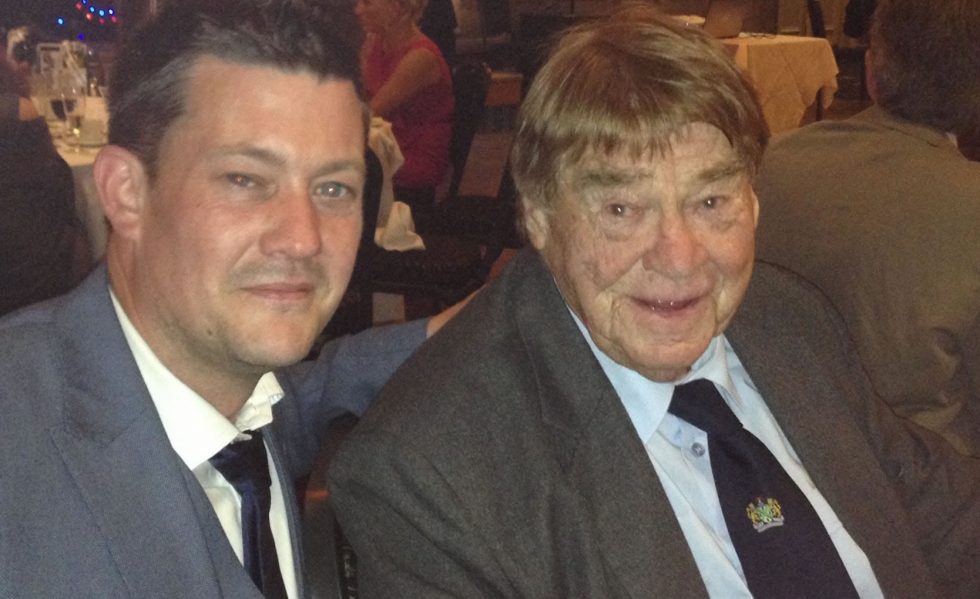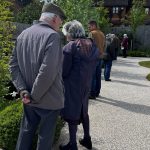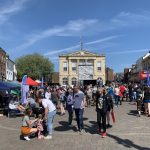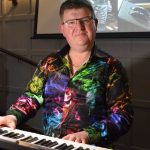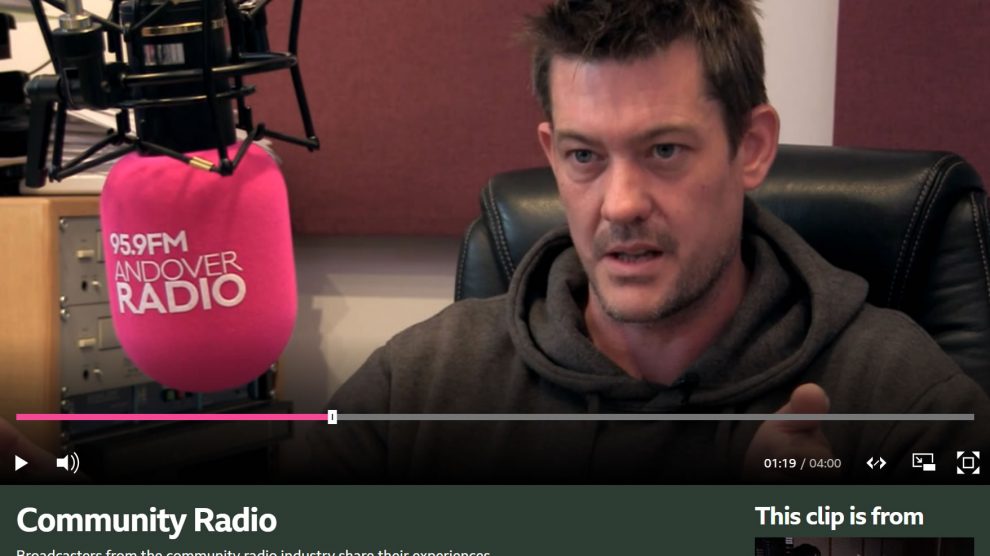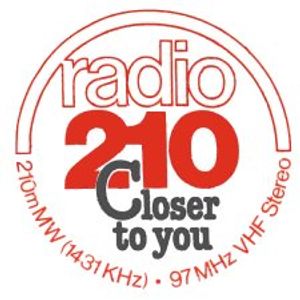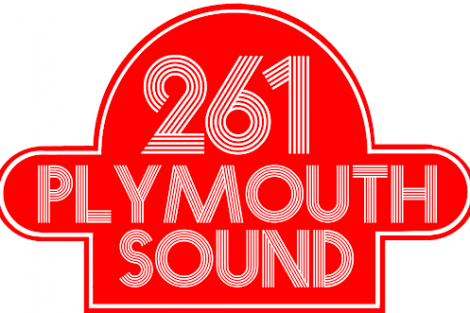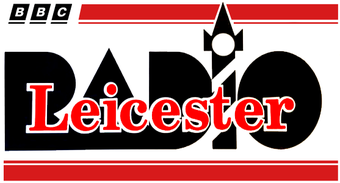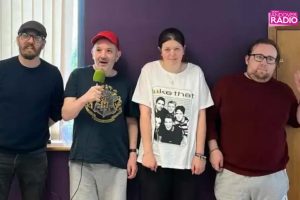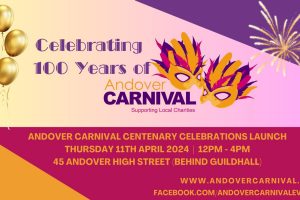Local radio started at a time well before the internet, before a proliferation of digital television stations and back when only conversation and the Andover Advertiser were your only source of truly local information.
The first BBC station was Radio Leicester in 1967 and Independent Local Radio (so called because the phrase ‘commercial radio’ was viewed as a rather ‘vulgar’ term) started in 1973 when LBC and Capital Radio launched in London.
In fact, it wasn’t until 2008 that Andover had what it could call a local radio station, when Andover Sound launched from studios on East Street. Andover Sound was sold to the Celador group, which in turn has since been sold to a much larger conglomerate.
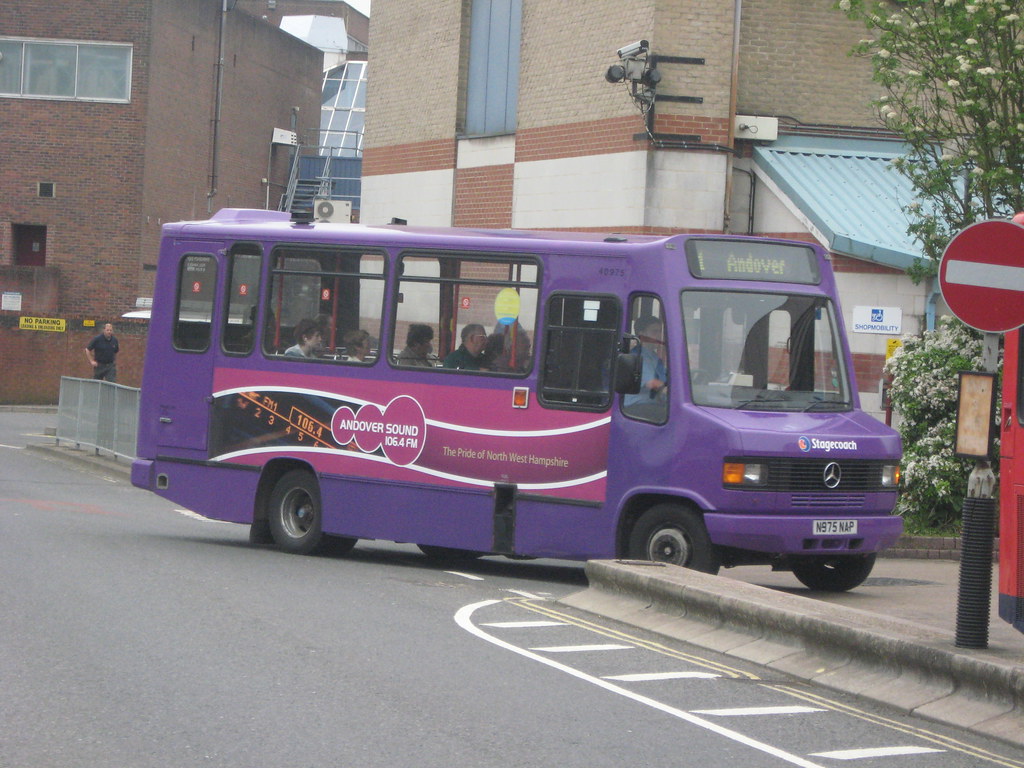
On the BBC News channel tonight (Friday 6th March 2020), Andover’s local station Andover Radio will feature in a special programme called ‘The Village Loudspeaker’ which charts the history of local radio in the UK.
“A local taxi driver came into the studio with me this morning”, says Andover Radio founder David Harber who features in the BBC programme. “He said he listens to Andover Radio because of our sense of locality. He gets to hear about events and things that are around town, told by the voices of people he knows. He said he stopped listening to Breeze FM when it lost its local knowledge.
“We may live in a globally-digital world, but radio remains as popular as ever and is increasingly people’s choice for access to local information.
“I like to say that online you actively search for the stuff you know a bit about.
“Radio tells you the stuff you didn’t know you wanted to know.”
‘The Village Loudspeaker’ was the phrase that radio pioneer David Bassett used to describe Plymouth’s local radio station, Plymouth Sound, one of the UK’s first ‘independent local radio’ stations.
At the time this station was regarded as a ‘risk’ for the UK government, as Plymouth’s 250,000 population was thought by many to be ‘too small’ to sustain a commercial radio operation. Today, Andover Radio serves just 52,000 in the north west Hampshire area and is regarded as a success by many.
Plymouth Sound, like so many commercial stations are now part of a ‘network’, as with Radio 210 (2-Ten FM from Reading), Plymouth Sound is now part of the ‘Heart’ network of stations.
“It’s what comes out of the speakers that matters” says Andover Radio station manager Craig Hicks. “In our increasingly global world, the latest from X-factor or the White House is covered by brands like Heart, Magic and Kiss. But the latest performances at The Lights or the rejuvenation of the Chantry Centre are the things that have a real effect on people who live, work and play in Andover.“
“We share and talk about the things that matter to people in town” adds David. “We know there’s a new coffee machine at Photos2Print on Bridge Street, we will be there to help the Andover Rugby under-16’s this weekend and we are in a unique position to host, support and promote the very best of our town”.
Last year, a great many local stations elsewhere like Salisbury’s Spire FM and the Bristol based group of Breeze FM stations were bought by Bauer Media. It’s widely anticipated that these stations will be renamed ‘Greatest Hits Radio’ in the coming months and broadcast from studios in London.
Friday’s unique TV programme was the brainchild of, and is produced by, award-winning radio presenter and producer Richard Latto, currently heard on BBC Radio Solent.
Richard says, “The Village Loudspeaker is the nickname the late broadcaster and programme controller David Bassett gave to Plymouth Sound when it first started in 1975.
“There’s an emotional bond between the soul of a local radio station and its listenership. I wanted to explore if that spirit is still there in local radio today.”
Richard Latto, BBC
Respected broadcaster Tony Gillham who manages a community station serving around 30,000 people in Cambridgeshire also features in the programme. The former BBC local radio presenter says, “Running Black Cat Radio is probably the hardest thing I have ever done”.
Their St Neots station is run entirely by volunteers and Tony will explain the challenges this brings small radio operators, but like Andover Radio’s founder, he sees a bright future for local broadcasters. “I think community radio is probably going to move into the shoes vacated by commercial radio.
“Local stations sold out to the big boys”, adds Tony. “The big boys are in it to make money, we’re in it to make programmes, which is exactly where we started off back in the ’70s.”
The radio industry – as any industry changes – means evolution is necessary. 95.9FM Andover Radio embrace the power of the online and launched by ‘putting digital first’, as Steve Martin in an article from Earshot Creative explains before the station’s launch in April 2018.
Andover Radio now claims 28% weekly reach with over 15,000 unique users to its website (that’s us!) at loveandover.com. Listening on smart speakers is also growing at a rate of 1,000 new, unique listeners each month.
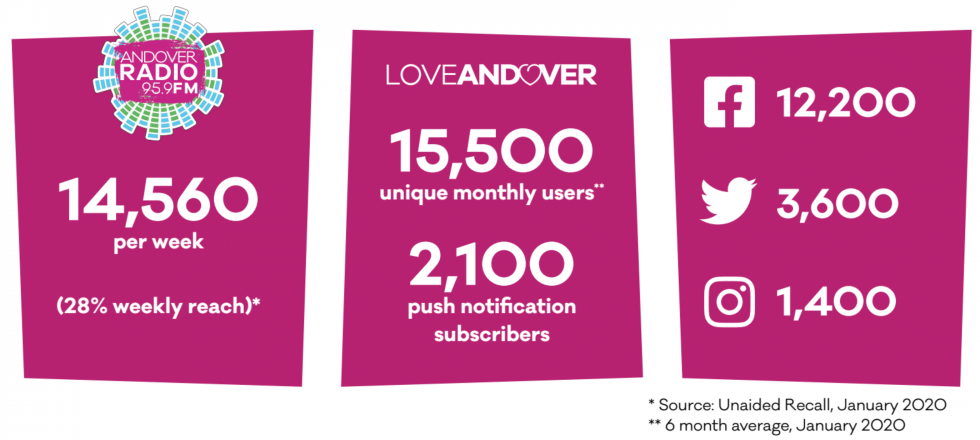
“I am honoured to have been asked to be on a telly show alongside people I really respect such as Tony, Graham Mack and the exceptional Johnnie Walker,” says our local station’s founder. “But, to be utterly realistic, I am really honoured to work with local people like David Wybrow, Richard Hobbs and Kevin Ridgeon to name just a small percentage of the people that make sure Andover Radio serves the town on a daily basis”.
“I hope that the TV show will give people an idea of not only the challenges and successes we have as a sector, but also the sheer emotion involved.”
There are now around 280 community radio stations across the UK, their purpose is to provide a voice for hundreds of local communities across the UK. Broadcast regulator and licensing authority Ofcom says that these hyper-local radio stations are “Fuelled by the hard work and enthusiasm of volunteers, they reflect a diverse mix of cultures and interests and provide a rich mix of mostly locally-produced content.”
“To serve Andover, we must understand Andover”, chips-in station manager Craig. “Radio’s future is in its content. It’s not just the songs we play… it’s what we say in between those records, whether that’s promoting the Recycling event at Picket Twenty, wishing happy 35th anniversary to Chris and Dawn Sutton or explaining why Winchester Road was in a jam yesterday.
“I’m looking forward to seeing David on telly. It just proves he’s got a face for radio. But, he might have had a shave or worn a bloody shirt”.
David Harber has been a keynote speaker at many community radio events, and will be at The Radio Hub event in Essex later this month and is a director of the Local Radio Alliance and the radio industry’s new digital agency Love Radio.
‘The Village Loudspeaker’ is on BBC News, Friday 6th March at 9:30pm.
